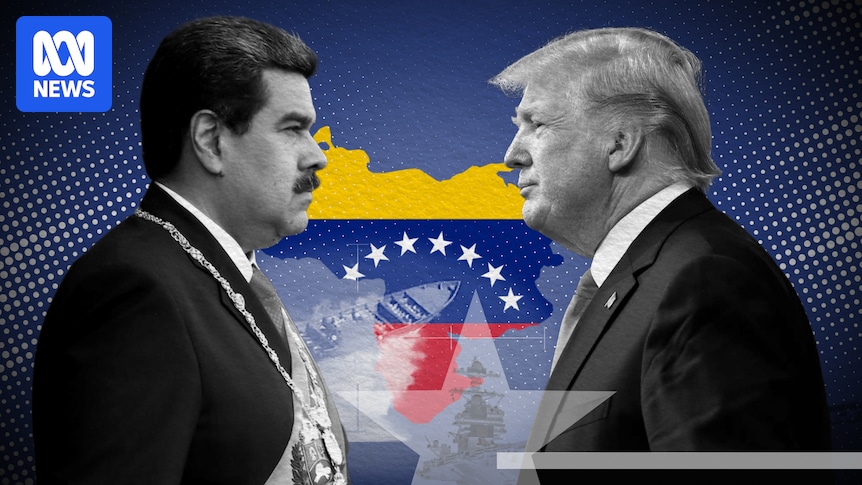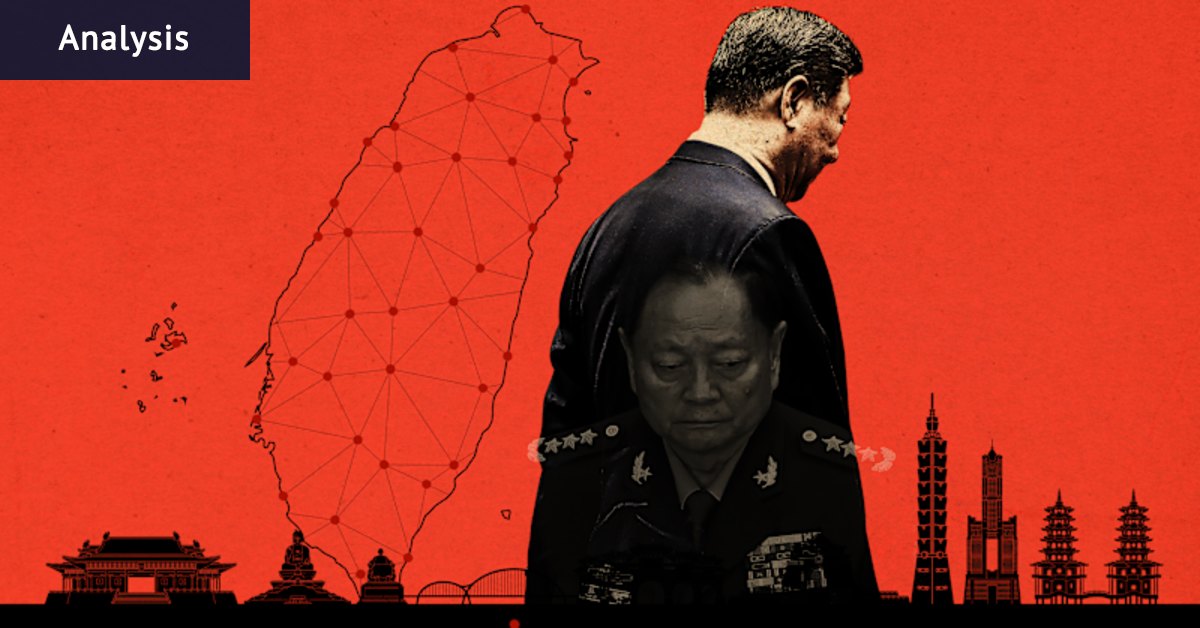
In the serene waters of the Caribbean Sea, a significant number of United States military personnel are stationed aboard the USS Gerald R Ford, described as “the most capable, adaptable and lethal platform in the world.” These forces are poised for potential action as part of US President Donald Trump’s campaign against “narco-terrorists.” Tensions between Trump and Venezuelan President Nicolás Maduro Moros have been intensifying, with Maduro famously claiming he is “more famous than Taylor Swift in the US.”
For months, the Trump administration has conducted lethal air strikes on vessels accused of drug trafficking to the US, and experts suggest a military conflict in Venezuela is now a looming possibility. According to Anthea McCarthy-Jones, a Latin America expert from UNSW, the relationship between Trump and Maduro is “complex and volatile,” reflecting a broader diplomatic breakdown between the US and Venezuela over nearly three decades. The US accuses Maduro of leading a narco-state that endangers American lives, while Maduro’s government denies human rights abuses.
The Rise of Socialism and Diplomatic Strains
The roots of the current tension trace back to the turn of the century with the rise of Venezuela’s first socialist president, Hugo Chavez. Elected in 1999, Chavez’s regime was marked by nationalizing key assets and expanding ties with Russia, China, and Iran, often at the expense of relations with Washington. Chavez’s charismatic leadership was a stark contrast to his successor, Nicolás Maduro, who has struggled to maintain similar public support.
Dr. McCarthy-Jones notes, “Chavez was a very different character to Maduro. He engaged large sections of the Venezuelan population, something Maduro has not been able to replicate.” Maduro’s attempts to continue Chavez’s legacy have not succeeded in improving the lives of average Venezuelans.
Disputed Elections and Political Turmoil
Following Chavez’s death in 2013, Maduro narrowly won the presidency amid economic decline and social unrest. His re-election in 2018 was condemned internationally, with accusations of electoral fraud and suppression of opposition candidates. The Electoral Integrity Project highlighted the election’s lack of integrity, citing a historically low voter turnout of 46%.
“Venezuela doesn’t really have a functioning democracy anymore,” Dr. McCarthy-Jones asserts, pointing to the authoritarian grip of the Maduro administration. The international community, including the US, has labeled Maduro’s government illegitimate, further straining relations.
The Failed Coup Attempt
In 2019, opposition leader Juan Guaidó attempted to declare himself interim president, a move supported by the US and several other countries. However, the effort failed to dislodge Maduro, who retained military support. The failed coup deepened the political crisis and led to the expulsion of US diplomats from Venezuela.
“The people of Venezuela have courageously spoken out against Maduro and his regime and demanded freedom and the rule of law,” the White House stated at the time.
Trump’s Campaign Against ‘Narco-Terrorists’
President Trump’s second term has seen a renewed focus on combating drug trafficking, with Venezuela at the center. The US has accused Maduro of leading the Cártel de los Soles, a charge he denies. In March, Trump designated the Venezuelan Tren de Aragua gang as a Foreign Terrorist Organization, intensifying pressure on the Maduro regime.
A recent US State Department reward for Maduro’s arrest underscores the administration’s aggressive stance. Human rights groups and some US allies have criticized the legality of Trump’s military actions, including air strikes that have resulted in civilian casualties.
Military Build-Up and Diplomatic Rhetoric
The deployment of the USS Gerald R Ford and thousands of military personnel marks the largest US military presence in the region since the Cuban Missile Crisis. Meanwhile, Maduro has mobilized Venezuela’s military and civilian militia, emphasizing a call for peace while preparing for potential conflict.
Despite the saber-rattling, Trump has hinted at the possibility of direct talks with Maduro. Dr. McCarthy-Jones cautions that regime change alone will not resolve Venezuela’s deep-seated issues, noting the ongoing humanitarian crisis and economic collapse.
“Since 2014, over 7 million Venezuelans have left the country, and inflation could reach 500% by the end of 2025,” she highlights, underscoring the dire situation faced by Venezuelans.
As the world watches, the outcome of this geopolitical standoff remains uncertain, with the potential for significant regional and global implications.







